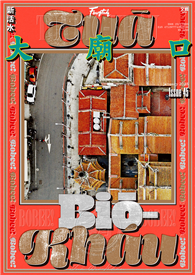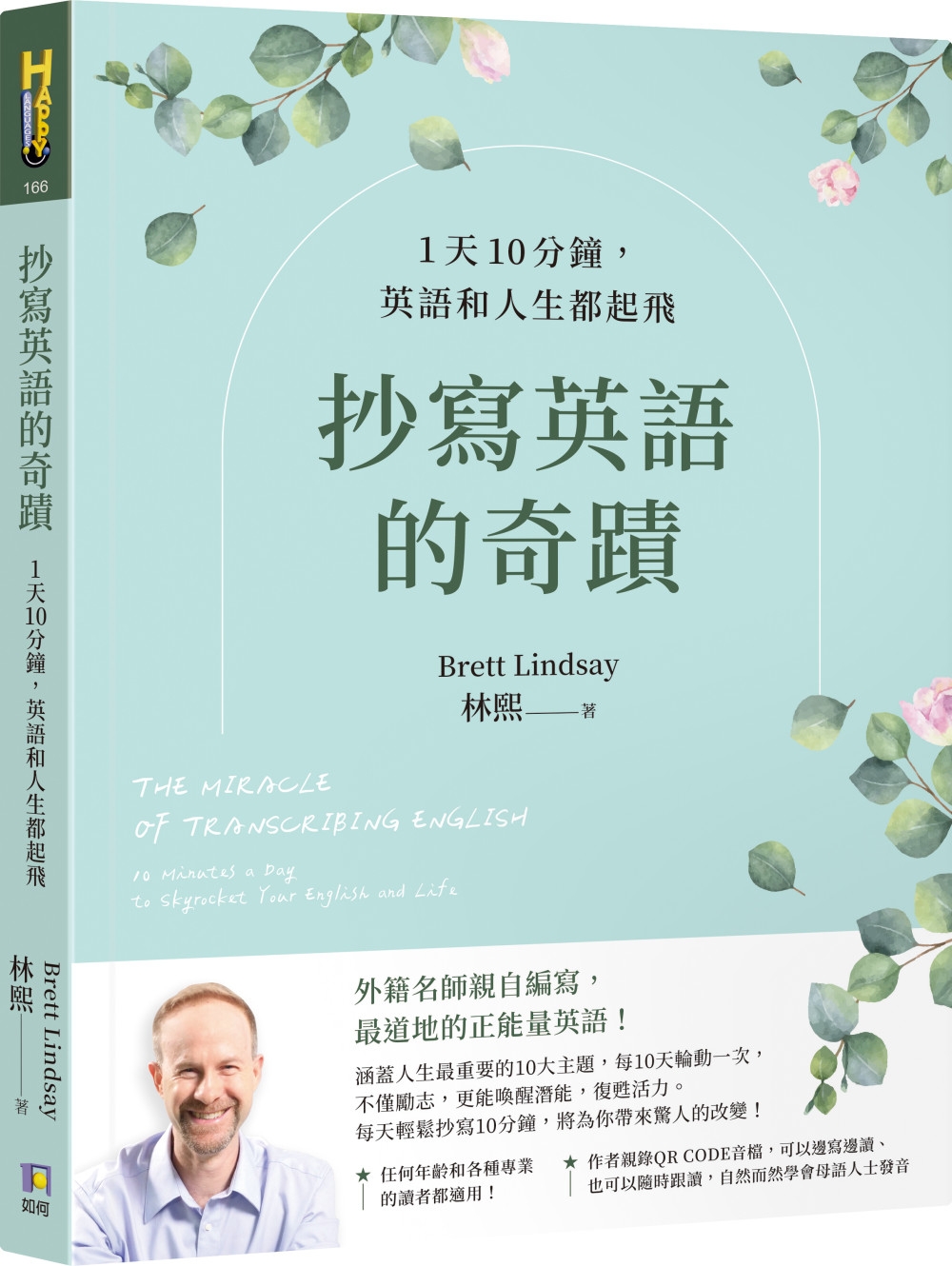Child and family-friendly communities acknowledge that an environment that addresses the needs of children - who have limited independent mobility, experience, and autonomy - is one that is friendlier and more accessible to people of all ages and abilities. This toolkit has been developed collaboratively, with voluntary input from local governments, non-profit housing organizations, architects, urban designers, urban planners, developers, real estate specialists, researchers, and educators. This toolkit is not intended to exclude adults and seniors, but rather provide a lens through which planners, designers, and policy-makers can support child and family-friendly development practices that have positive intergenerational benefits. To plan our cities in a way that enables children to be co-authors of their own communities is key to a sustainable - and inclusive - future. If the city tells a story of experience, opportunity, and ownership, then its design should enable all citizens to write their own story.
| FindBook |
有 1 項符合
Child in the City: Planning Communities for Children and their Families的圖書 |
 |
Child in the City: Planning Communities for Children and their Families 作者:Agnello 出版社:Blurb 出版日期:2023-01-09 語言:英文 規格:平裝 / 180頁 / 25.4 x 20.32 x 1.19 cm / 普通級/ 初版 |
| 圖書館借閱 |
| 國家圖書館 | 全國圖書書目資訊網 | 國立公共資訊圖書館 | 電子書服務平台 | MetaCat 跨館整合查詢 |
| 臺北市立圖書館 | 新北市立圖書館 | 基隆市公共圖書館 | 桃園市立圖書館 | 新竹縣公共圖書館 |
| 苗栗縣立圖書館 | 臺中市立圖書館 | 彰化縣公共圖書館 | 南投縣文化局 | 雲林縣公共圖書館 |
| 嘉義縣圖書館 | 臺南市立圖書館 | 高雄市立圖書館 | 屏東縣公共圖書館 | 宜蘭縣公共圖書館 |
| 花蓮縣文化局 | 臺東縣文化處 |
|
|
圖書介紹 - 資料來源:博客來 評分:
圖書名稱:Child in the City: Planning Communities for Children and their Families
|











